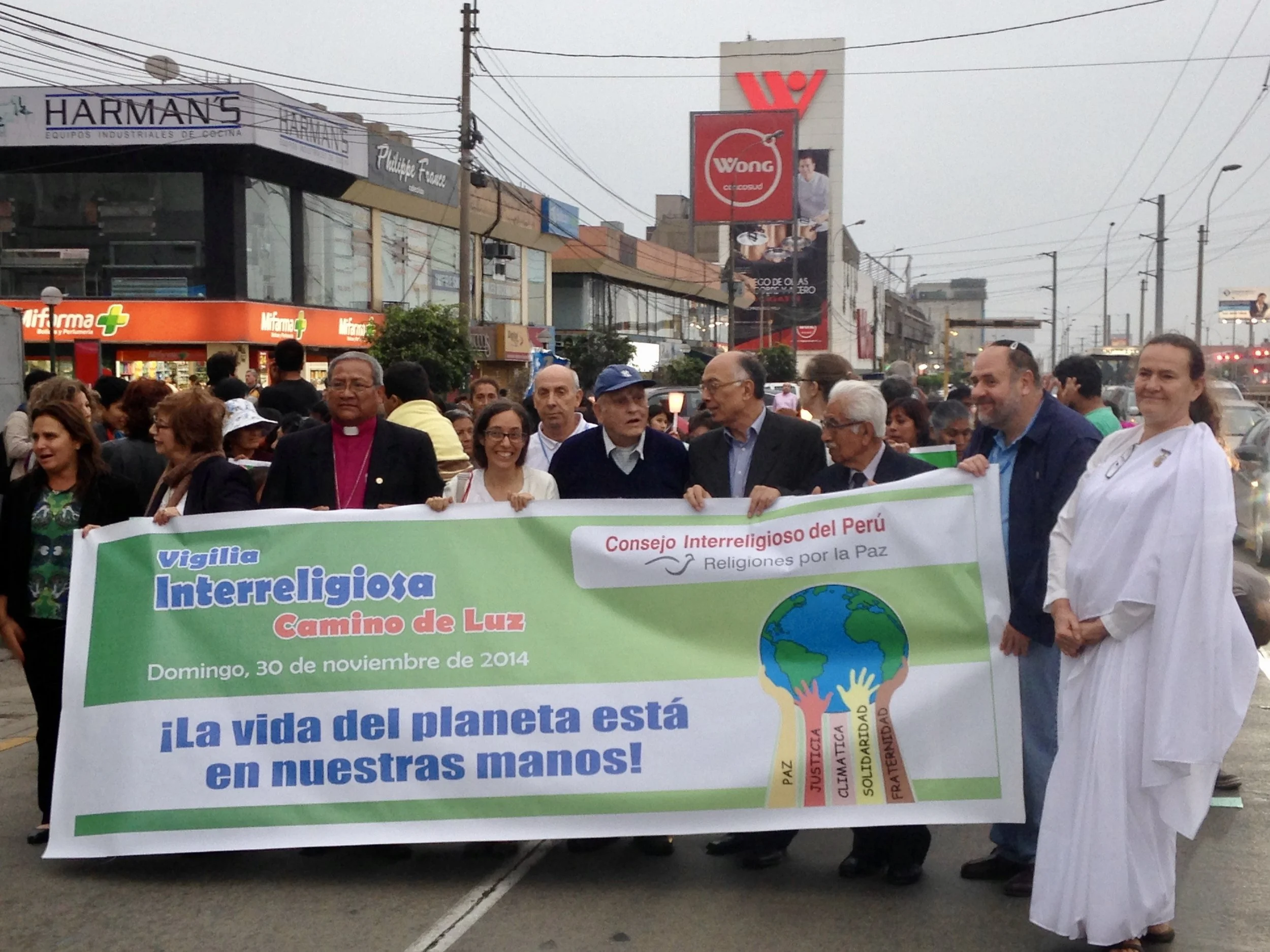Activities and Activism
For some time, particularly since the passing of Dadi Prakashmani (1922 - 2007) there has been a period of change and expansion within our yagya. The need for self-reflection was felt almost a decade ago. Subsequently an internal study called 'Global Functioning' was created which endeavoured to discover - and respond to - the areas of need within the Organisation. Since then, there has been quite a shift in the organisational focus within the Brahma Kumaris. The hierarchical system of functioning has a much gentler hold, and BKs long-term dedication, with and without formal positions have started a number of initiatives of their own volition, outside the hierarchical permission-seeking/blessing-giving based structure. Please send us news of your grassroots initiatives by clicking on the button above. We would love to know about them.
Brahma Kumaris Vegan Initiative (BKVI)
The Ethics of Food and the Strength of Tradition
Inspired by the BKEI and to facilitate change from the bottom up, another group of concerned BKs established the Brahma Kumaris Vegan Initiative in 2015. This initiative is somewhat more sensitive than the BKEI as it deals with the very personal topic of food. Food is one of the most intimate behaviours of human life, and is deeply informed by tradition, scripture, social customs and history. The Brahma Kumaris are historically lacto-vegetarian and this from an ethical perspective. However, it is also from a cultural perspective, due to the social habits of the founder who lived according to caste dictates. Herein lies the tension between ethics and culture.
Today there is an even increasing awareness of the harming and killing inherent in the dairy industry, plus its deleterious impacts on human health and the environment. Understanding the health risks and implications of consuming animal products and the myth perpetuated by the animal industries, it seems that being lacto-vegetarian is no longer in line with the foundational teachings of the Brahma Kumaris, or the vision of its founder: to create and realise a better world through personal transformation and a non-violent (ahimsa) lifestyle.
A retreat participant recently wrote to one of our retreat centres ask how we can refrain from eating animal flesh and eggs but still drink their milk, how we can teach non-violence and peace, while consuming the products of slaughter.
With all we know about the dairy industry, should our members become vegan? Traditionally cows are sacred in India and their milk is a holy and wholesome product. The question then is why we have the habit of taking something that is not ours - the milk produced by the mother cow for her calf. Furthermore, teachers of ayurveda declare cow milk today thamsic in nature, due to the inherent mixing cruelty, chemicals and sorrow.
Many BKs report physical, emotional and spiritual benefits after becoming vegan. Nevertheless, changing long-held beliefs and practices is "not like going to your aunties house"!
Brahma Kumaris Environment Initiative (BKEI)
Environment and Destruction - Care and Karma
In 2009 dedicated members within the Brahma Kumaris established the Brahma Kumaris Environment Initiative (BKEI). The BKEI was created by a small group to raise awareness within the organisation: awareness of our relationship with the natural world, and the responsibility to care for it regardless of ideas around a forthcoming world destruction or cataclysmic change. The BKEI has also become a method of bringing spirituality into discussion on the environment in the secular world. BKEI has led the Brahma Kumaris involvement in the high level international domain such as participation in the United Nations Climate Change Conferences (COP) since 2007 in Copenhagen. The BKEI was the first grassroots initiative to become an established movement within the broader BK community and institution.
Brahma Kumaris at the United Nations
The Brahma Kumaris World Spiritual University (BKWSU), with its spiritual headquarters in Mt. Abu, India, comprises a worldwide network of centers in more than 110 countries
The BKWSU continue to negotiate for greater spiritual awareness in economic and social issues at the United Nations. For more about the Brahma Kumaris and their work at the United Nations, as a non-governmental organisation, please visit their website.
The BKWSU is an international non-governmental organization of the United Nations accredited with the following:
- General Consultative Status with the Economic and Social Council (ECOSOC);
- Associate Status with the Department of Public Information (DPI); Consultative Status with United Nations Children's Fund (UNICEF);
- Observer Status to the United Nations Environment Assembly of UNEP;
- Observer Organization to UN Framework Convention on Climate Change (UNFCCC);
- Flagship Member of Education for Rural People (ERP), Food and Agricultural Organization (FAO).
